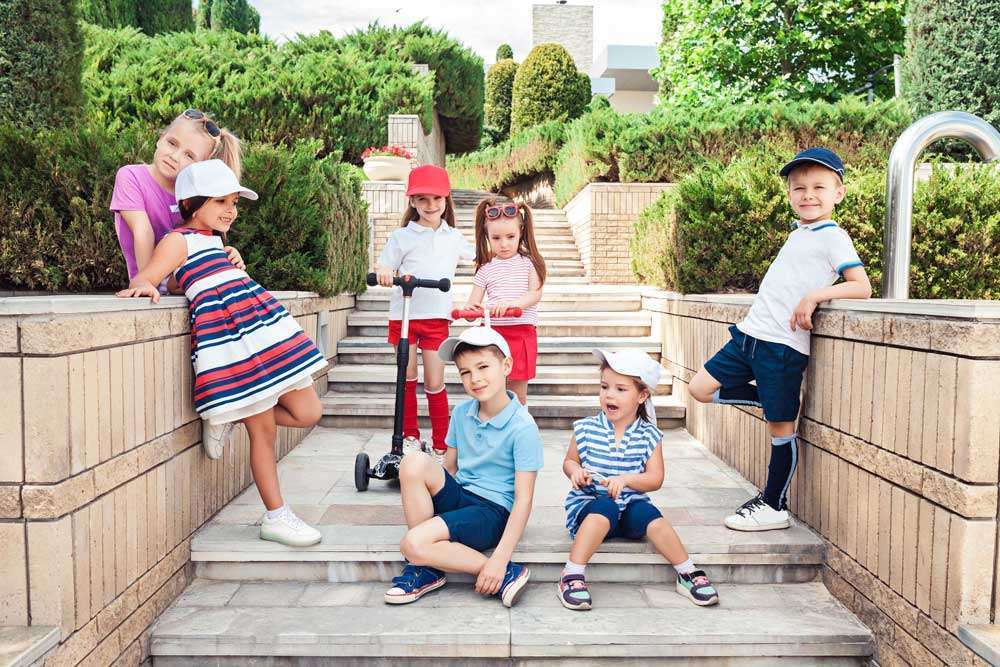To all the parents out there (and we are many!) worried about their children not having friends or becoming social pariahs, please know that there’s nothing wrong with having just a few friends. A child doesn’t need to be in the ‘IN’ group or get invited to lots of parties to be happy. Studies show that having even one close friend is all it takes for a child to develop social self-confidence.
However, parenting does include teaching social skills for children to thrive in their environment(s). Here is how you can effectively do that:
● Set a good example: Show your child how to act in social situations by making an effort to forge friendships with other parents and stay connected to the community.
● Be the coach: Every time you play together — even in five-minute LEGOs sessions — your child is learning from you. You are modeling how to take turns, make positive comments and abide by the rules. These are all important play skills that peers will respond positively to as well.
● Engage in conversations to build social skills: Meals can be a good opportunity to discuss something they’d like to work on and ask (non-judgmental) questions about what went wrong, why it happened and what they could (not should!) do differently next time.
● Partner, to find out which skill(s) they are struggling with and set some goals: Who would your child like to approach? Imagine different scenarios and rehearse them.
● Reflect and witness back with empathy on what your child says so they can take 360 degrees view of their behaviors and intentions.
● Highlight fundamentals DO’s and DON’Ts:
○ Say “Hi” to others when you cross paths
○ Say “please” and “thank you” even for small things
○ Be a good listener… without interrupting
○ Notice what others are focusing on at the moment and engage in the conversation accordingly
○ Make eye contact when speaking to people
○ Smile more
○ Be aware of your tone and volume of voice
○ Avoid nitpicking over other people’s mistakes
○ Apologize and admit when you are wrong
● Clarify the concept of friendship:
○ Making friends doesn’t happen in one day but rather in gradual stages
○ A friendship must be based on mutual interests in being friends (shared interests, proximity, repeated interactions…)
○ How close you are to someone dictates what you share with them and how often you see them.
○ People have different friends for different purposes
○ It’s OK to have people who are not your best friends in your life.
Your child may be more likely to take advice from someone else than you. Ask the big sibling or a family friend if they will be an informal mentor to them.
Know they’ll find their way, with your help and unconditional support. Most socially isolated children will eventually learn to get a better handle on their behaviors and understand how friendships work. Once kids hit adolescence, they tend to act on the powerful urge to ‘fit in!
“There are no strangers here: Only friends you haven’t yet met”- William Butler

